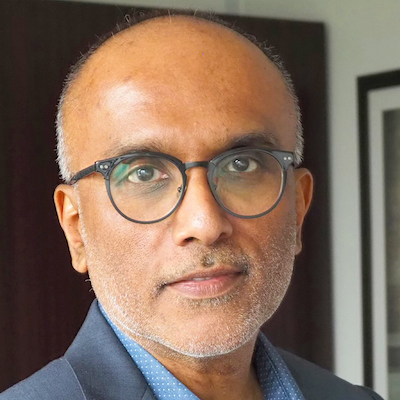Nieman Lab.
Predictions for
Journalism, 2024.
More than half the world’s population will get to vote for their government in 2024, making it the biggest election year in history, according to The Economist. It should be a high point for the press. Even countries where elections are not free or fair may see a bump in people’s demand for news. Unfortunately, in many of the countries heading to the polls — including the largest ones, India, the United States, Indonesia, and Brazil — many journalists will need to enter 2024 with more trepidation than eager anticipation, because toxic polarization has poisoned the environment for public-interest journalism.
The best news organizations will have to find ways to cope with heightened anti-media populism — politicians’ cynical tactic of inciting hate against outlets that try to provide the essential service of exposing candidates’ dishonest, deceptive, and hateful words and actions. So far, solutions have been elusive. Calling out and condemning politicians’ bad behavior only fuels their allegations that liberal elites are contemptuous of the ordinary, “true” people the populists claim to champion. But trying to evade this trap by dialing down the judgmentalism when reporting on populists is also problematic. Playing it straight can normalize dangerous discourse, making democratic values and institutions even more vulnerable to erosion.
Thoughtful and principled journalists have had some years to grapple with this conundrum and to experiment with possible solutions. This may bear fruit in promising innovations in journalism practice. These won’t by themselves derail Narendra Modi’s or Donald Trump’s anti-democratic movements, for example, but could contribute to more resilient public-interest journalism over the long haul.
Successful innovations may not emerge from brand-name news organizations, simply because in polarized contexts big media’s every move is greeted with cynicism. Instead, look out for interesting experiments by lesser-known journalistic ventures and civil society groups that share professional journalism’s interest in bridging us-them divides and building more inclusive and deliberative democracies.
Cherian George is a professor at the Hong Kong Baptist University’s School of Communication.

More than half the world’s population will get to vote for their government in 2024, making it the biggest election year in history, according to The Economist. It should be a high point for the press. Even countries where elections are not free or fair may see a bump in people’s demand for news. Unfortunately, in many of the countries heading to the polls — including the largest ones, India, the United States, Indonesia, and Brazil — many journalists will need to enter 2024 with more trepidation than eager anticipation, because toxic polarization has poisoned the environment for public-interest journalism.
The best news organizations will have to find ways to cope with heightened anti-media populism — politicians’ cynical tactic of inciting hate against outlets that try to provide the essential service of exposing candidates’ dishonest, deceptive, and hateful words and actions. So far, solutions have been elusive. Calling out and condemning politicians’ bad behavior only fuels their allegations that liberal elites are contemptuous of the ordinary, “true” people the populists claim to champion. But trying to evade this trap by dialing down the judgmentalism when reporting on populists is also problematic. Playing it straight can normalize dangerous discourse, making democratic values and institutions even more vulnerable to erosion.
Thoughtful and principled journalists have had some years to grapple with this conundrum and to experiment with possible solutions. This may bear fruit in promising innovations in journalism practice. These won’t by themselves derail Narendra Modi’s or Donald Trump’s anti-democratic movements, for example, but could contribute to more resilient public-interest journalism over the long haul.
Successful innovations may not emerge from brand-name news organizations, simply because in polarized contexts big media’s every move is greeted with cynicism. Instead, look out for interesting experiments by lesser-known journalistic ventures and civil society groups that share professional journalism’s interest in bridging us-them divides and building more inclusive and deliberative democracies.
Cherian George is a professor at the Hong Kong Baptist University’s School of Communication.